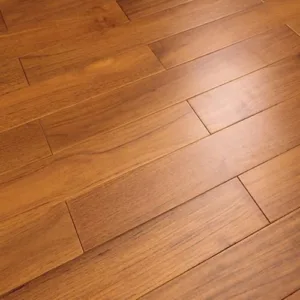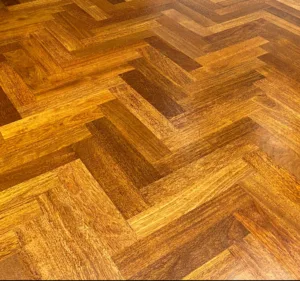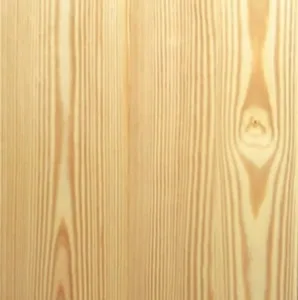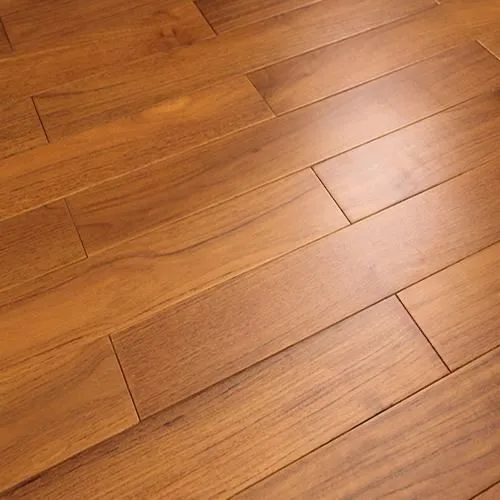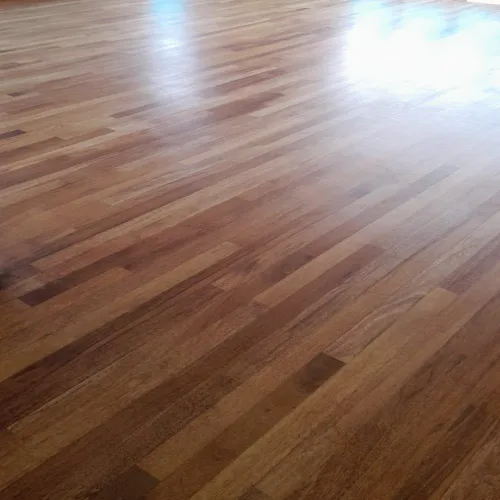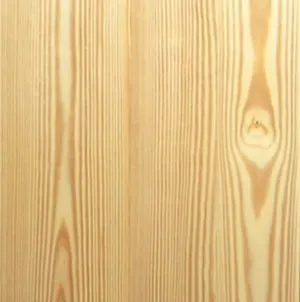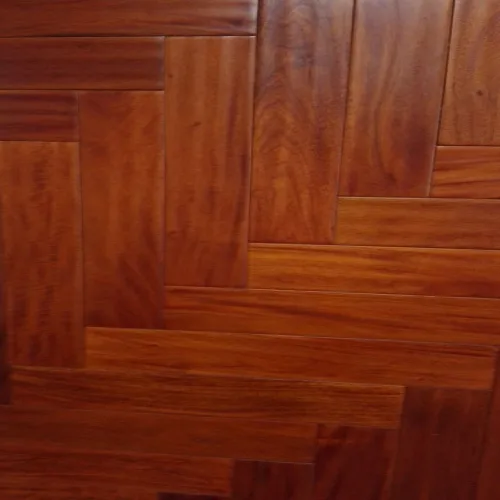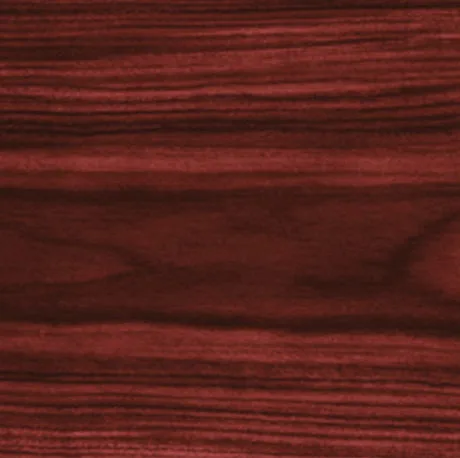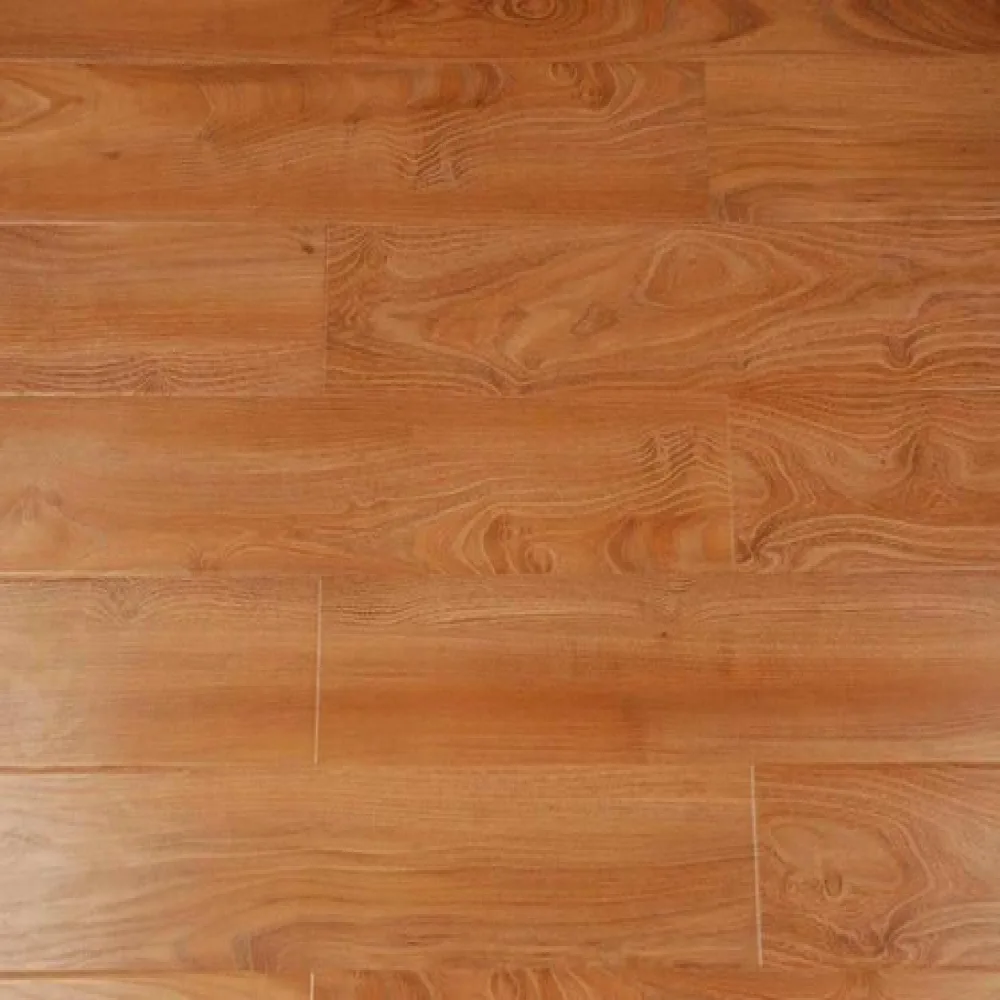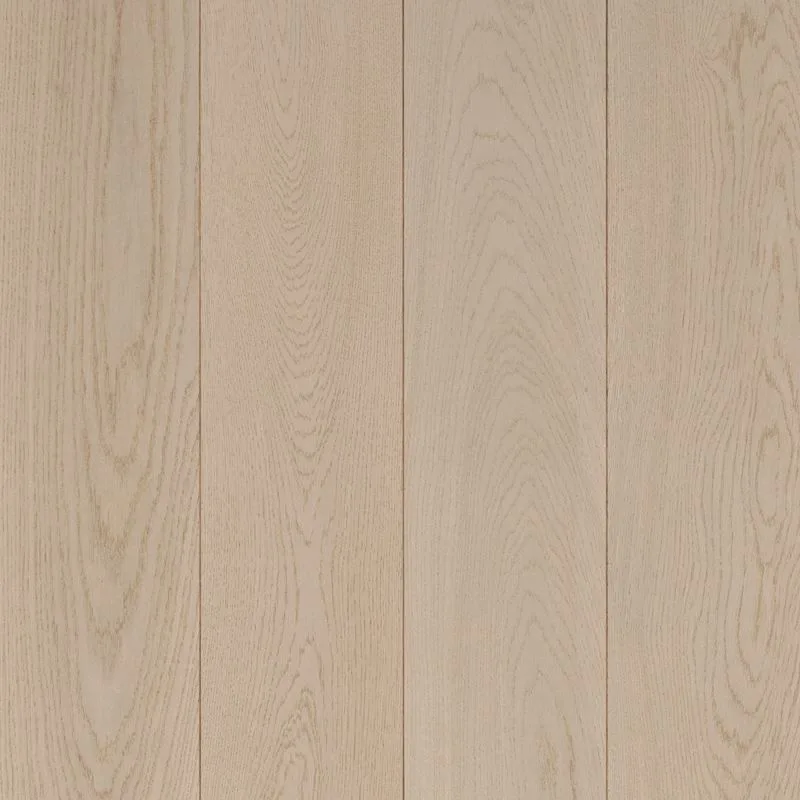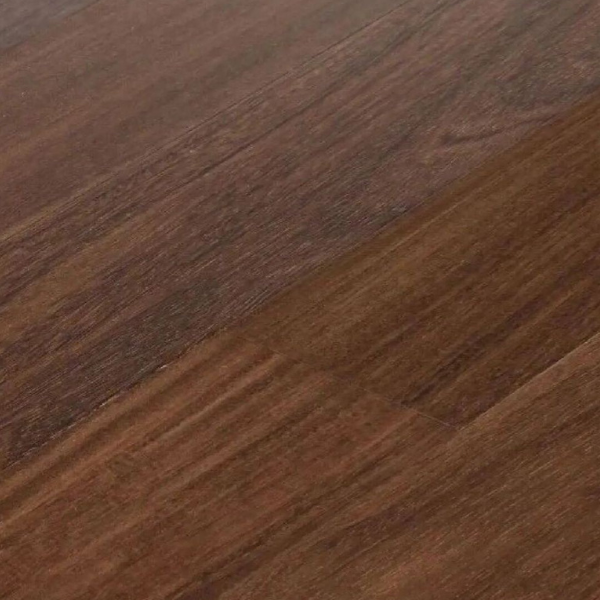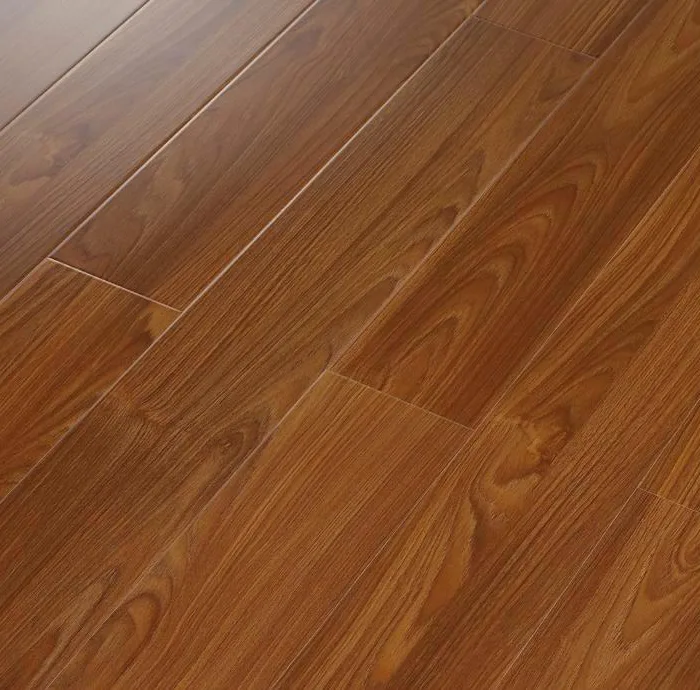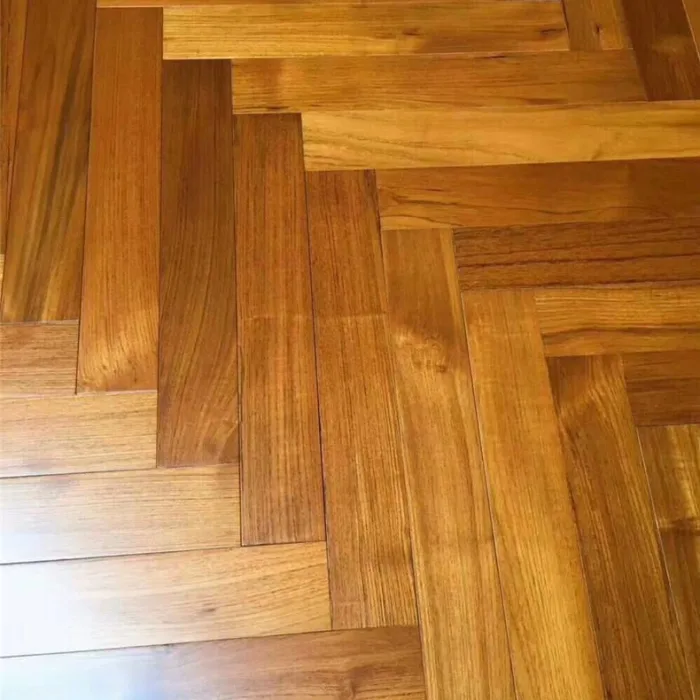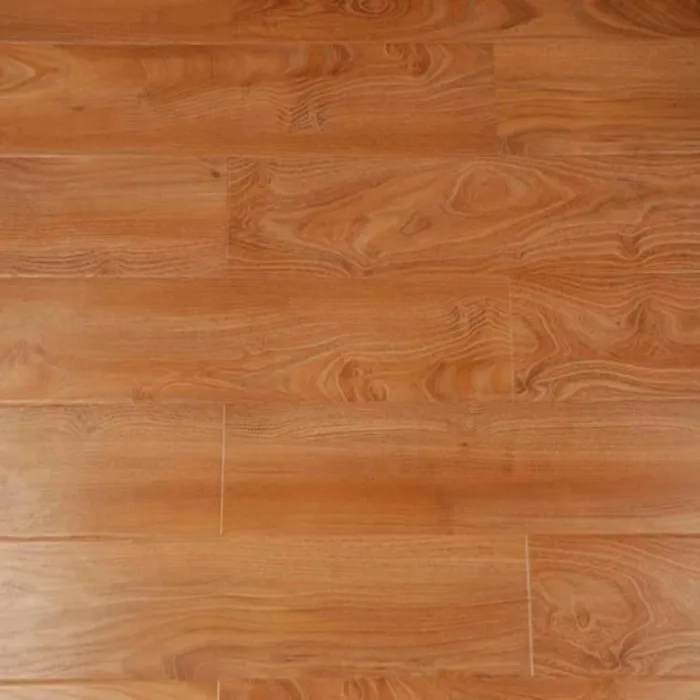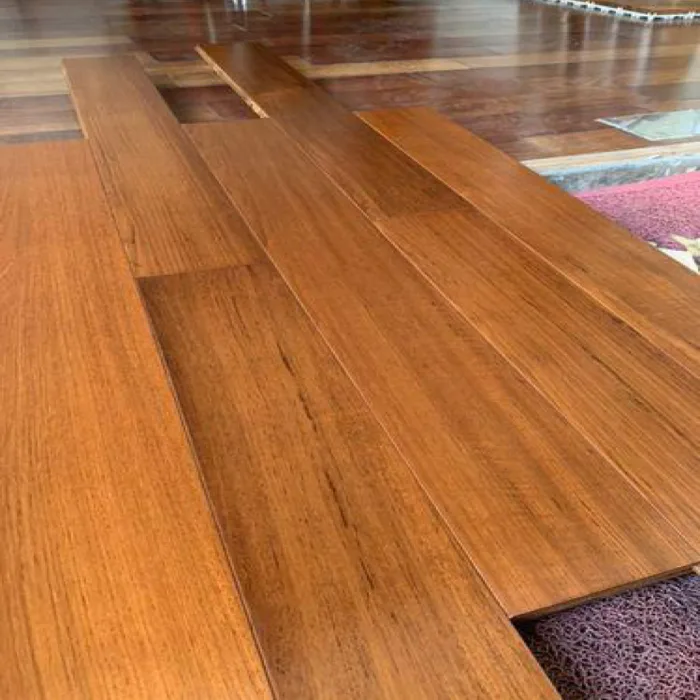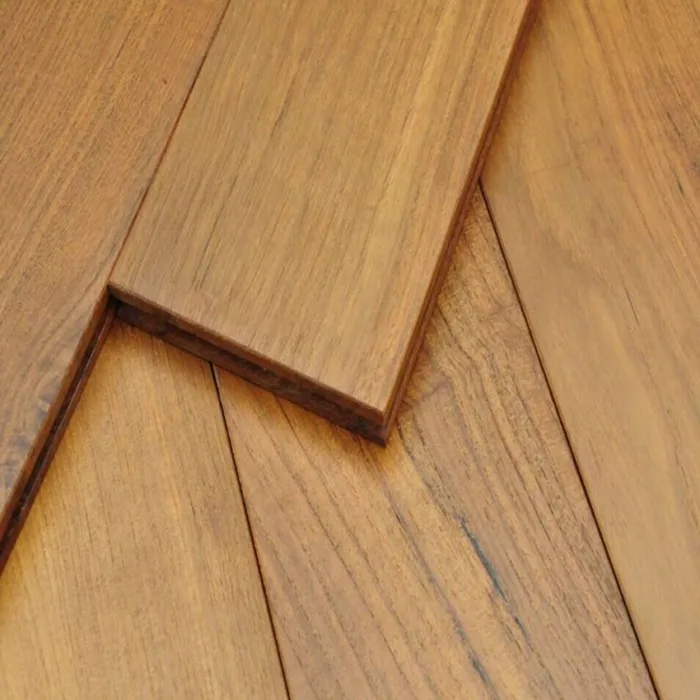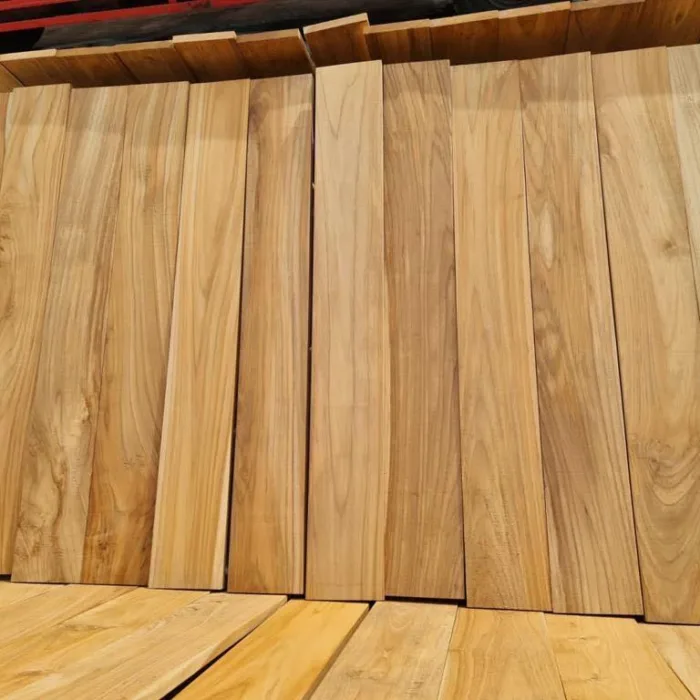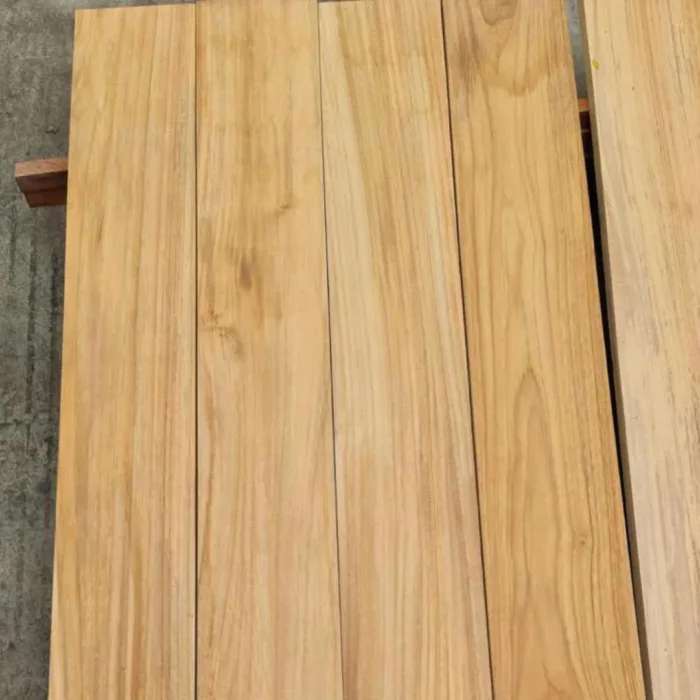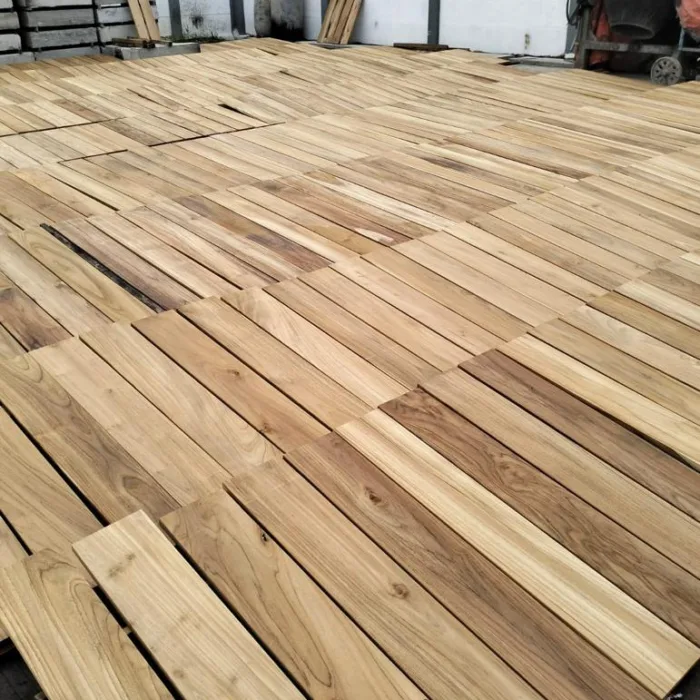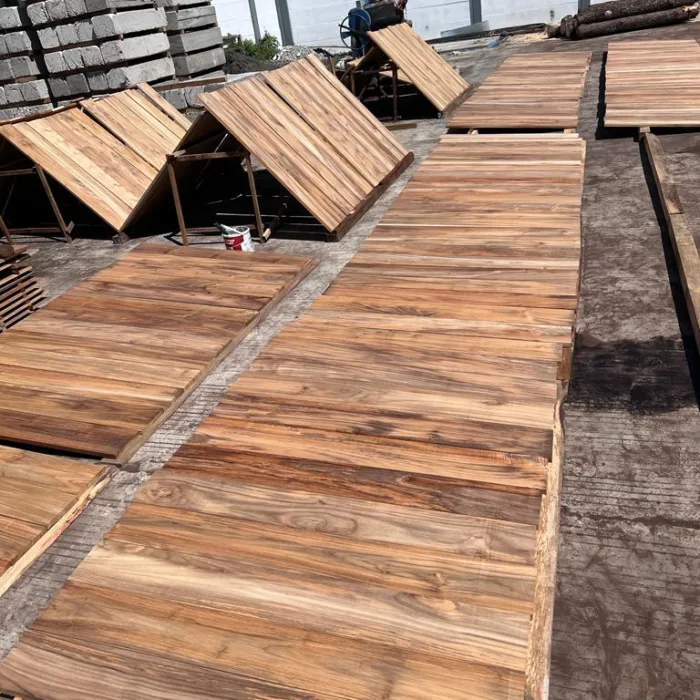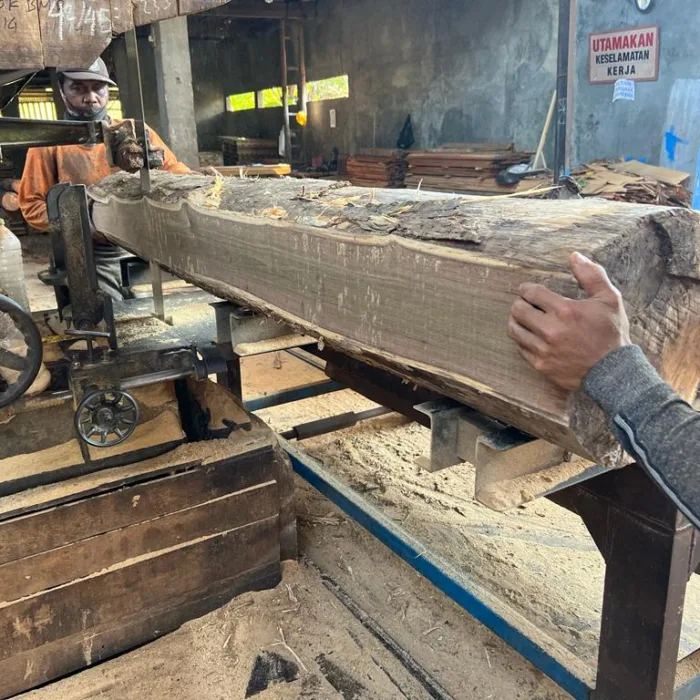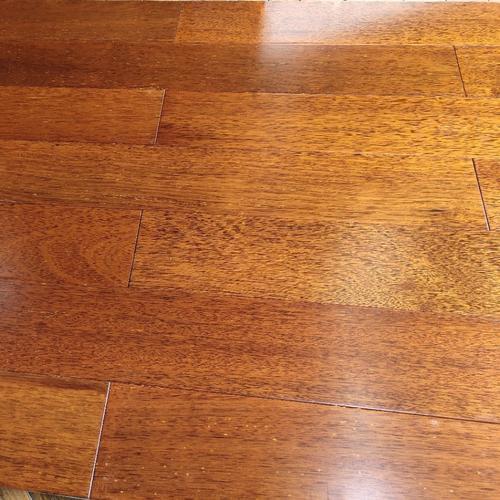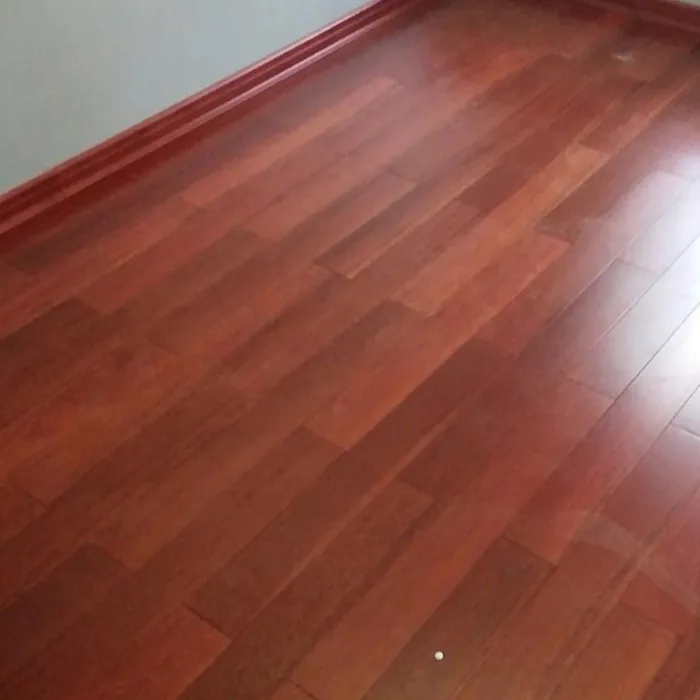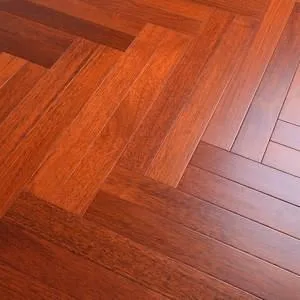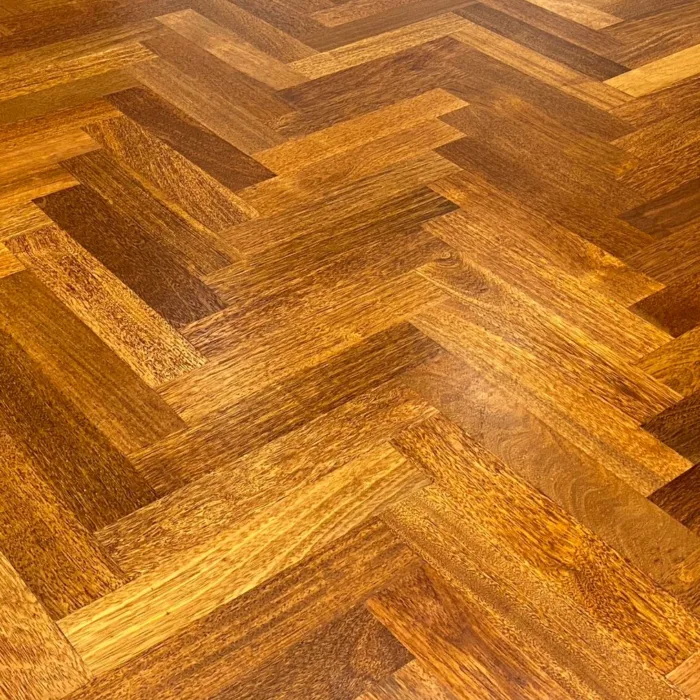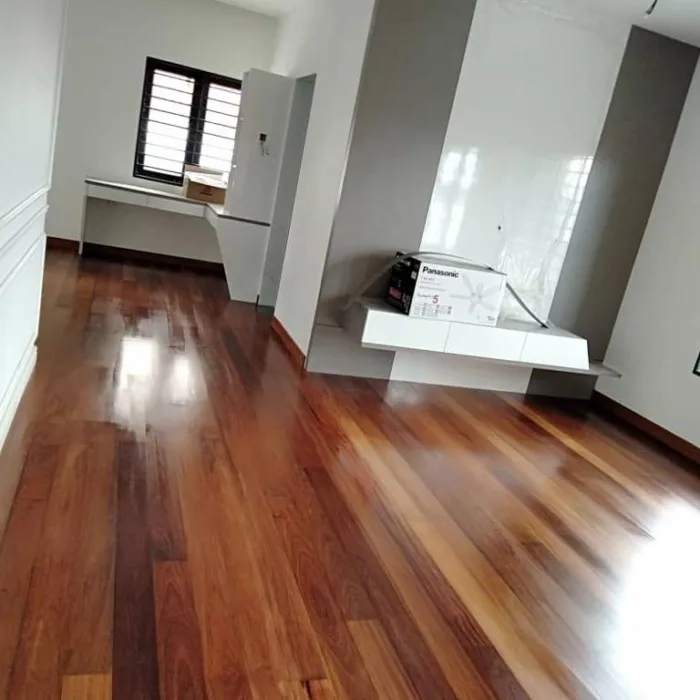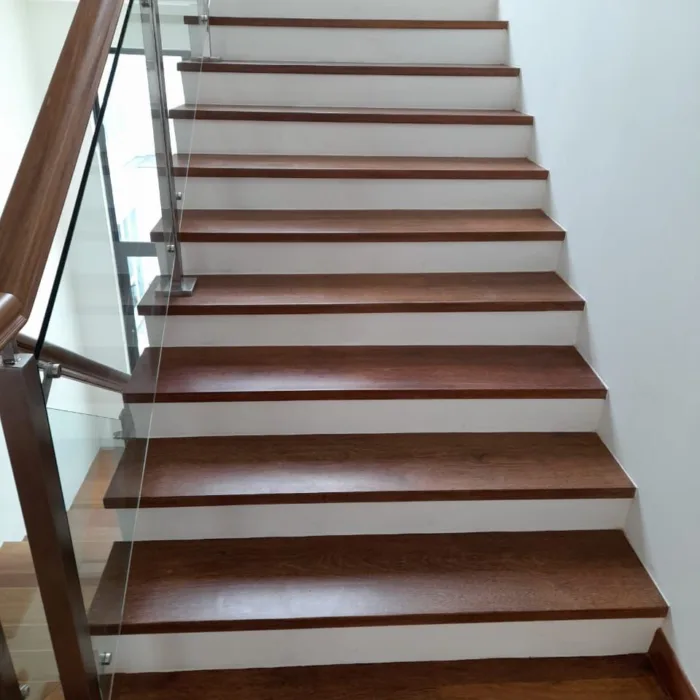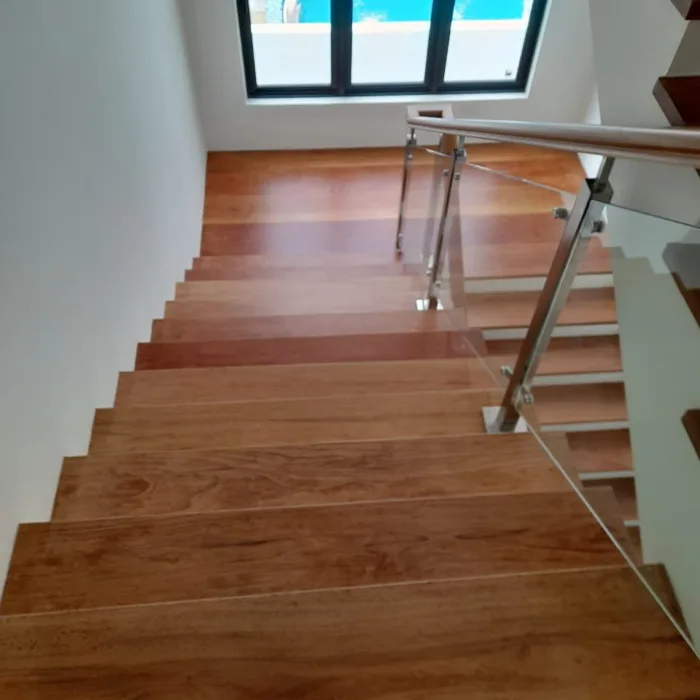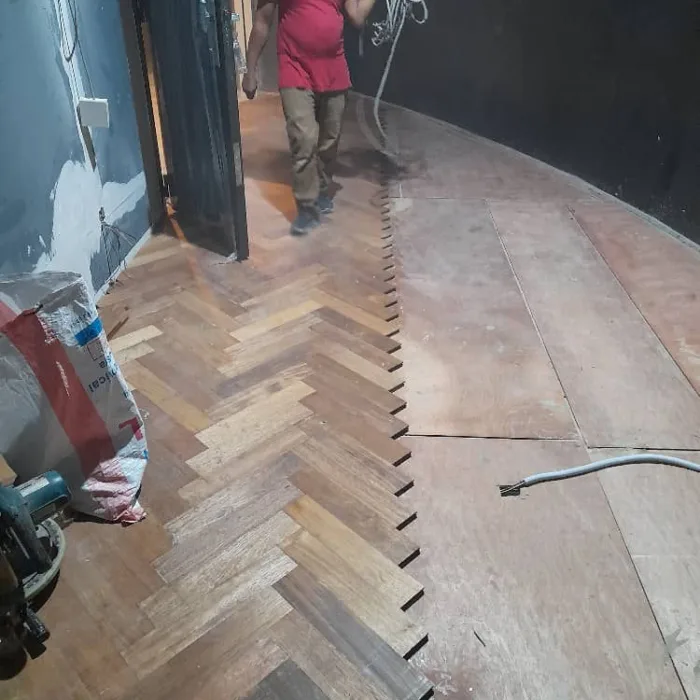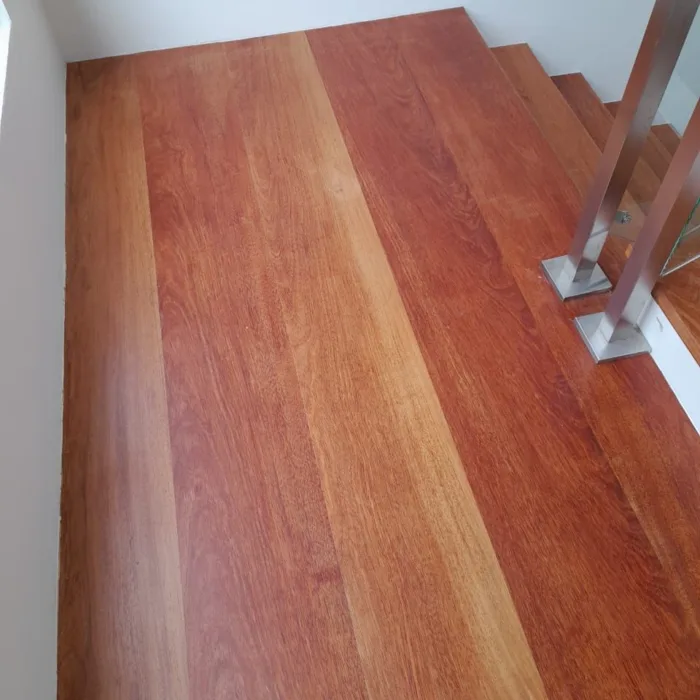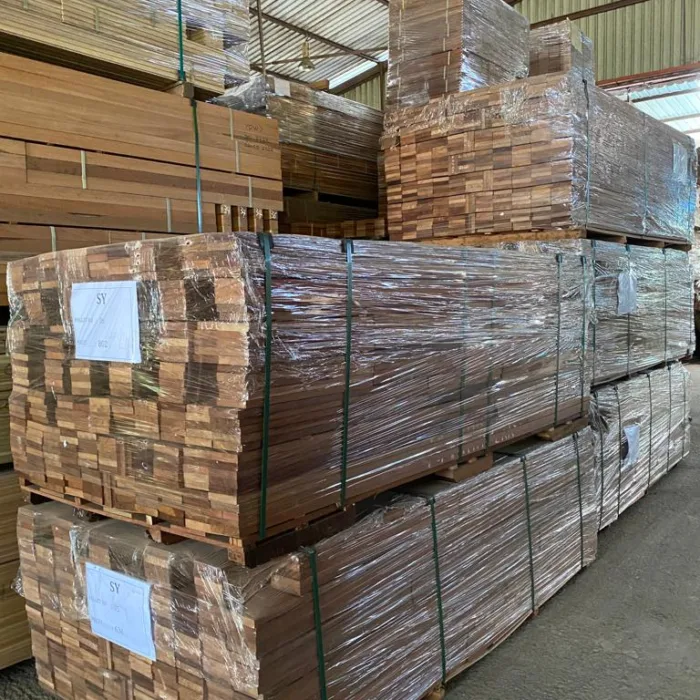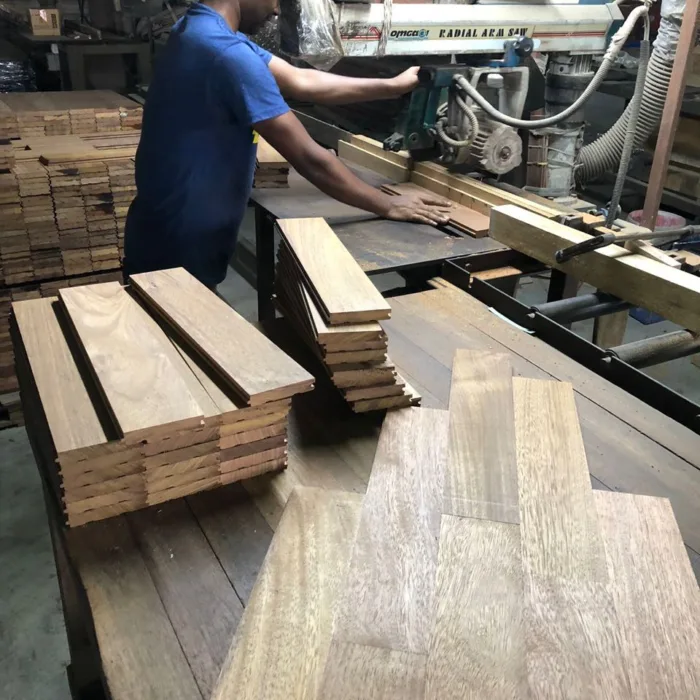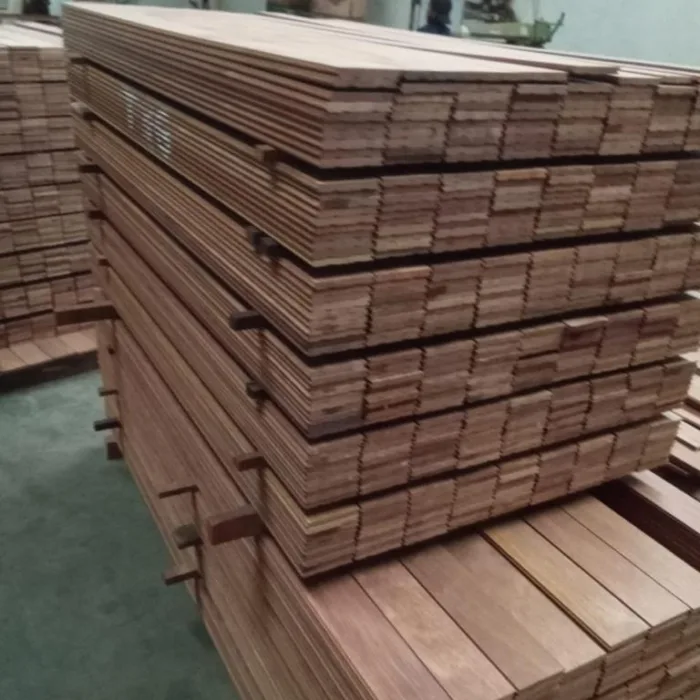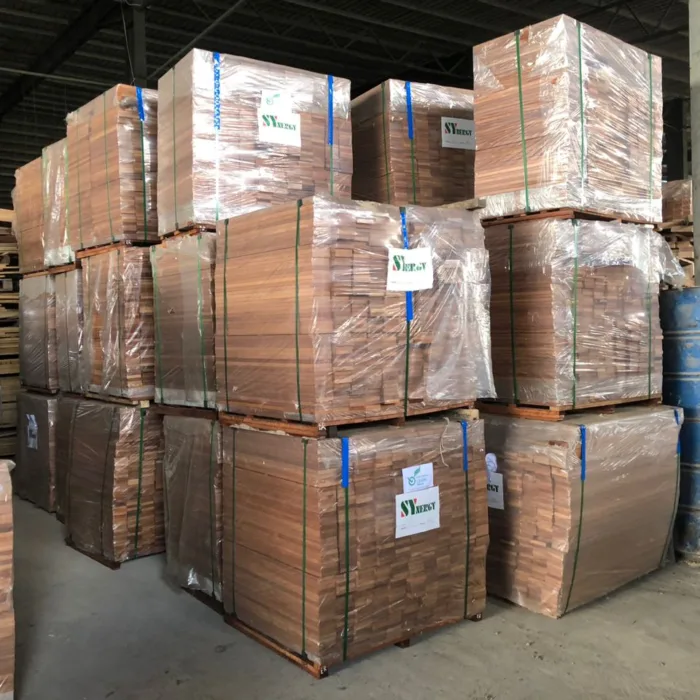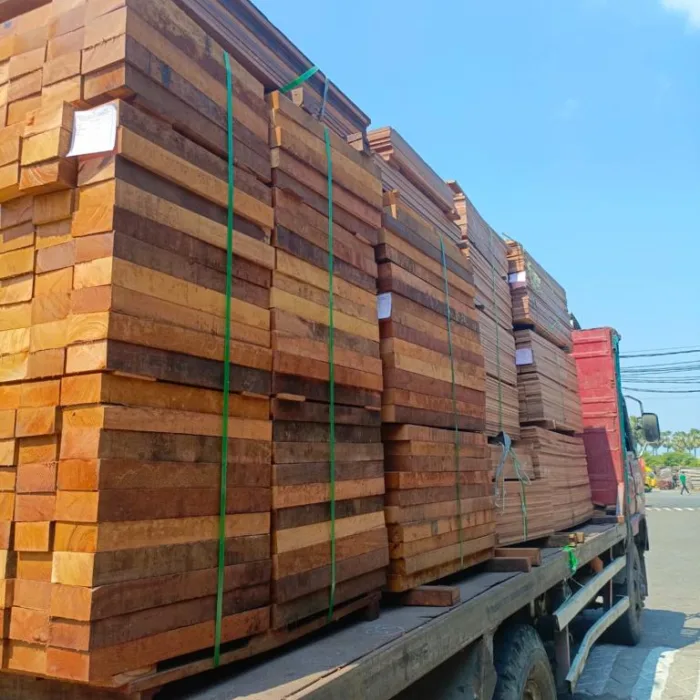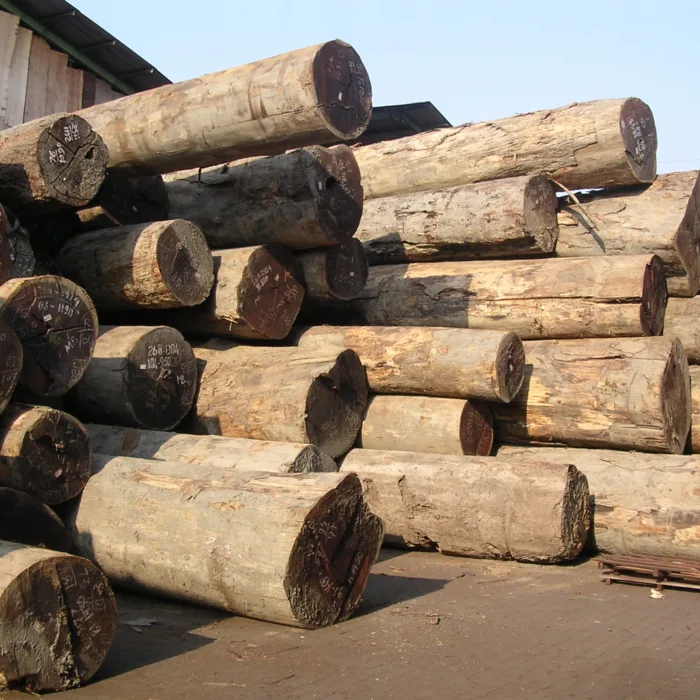


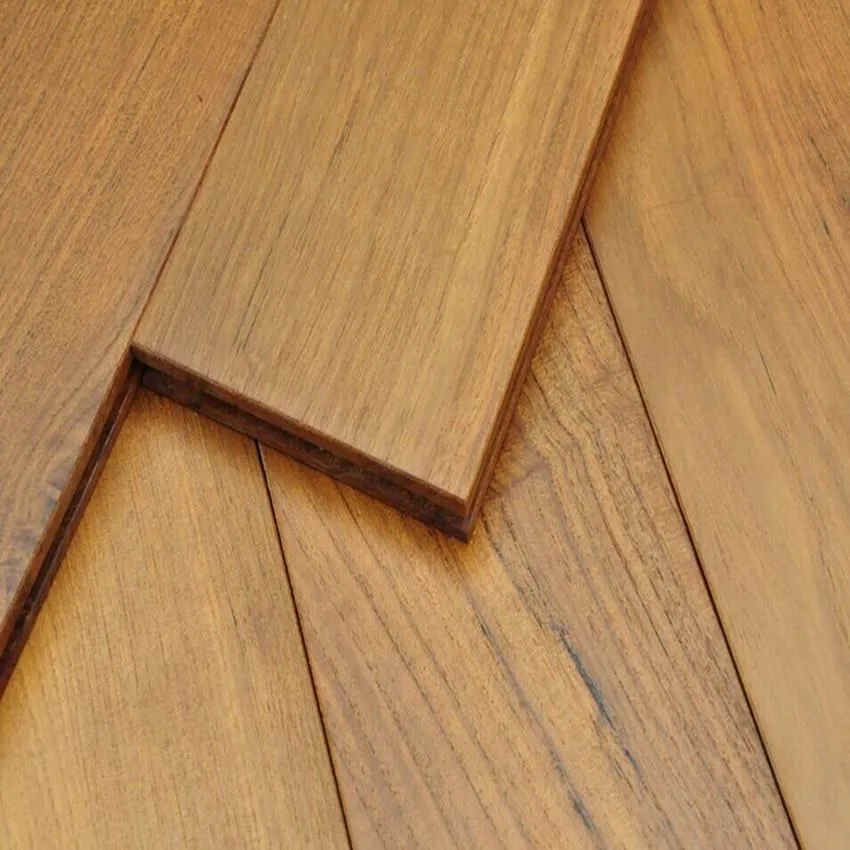
ENGLISH Introduction Video
中文 Introduction Video
MALAY Introduction Video
SY SYNERGY MARKETING
The founder of our company was involved in timber work at Sabah, Malaysia in the 1990s, and began to engage in timber trade at Indonesia in year 2000. In order to cater to international market trends, we established SYNERGY WORLDWIDE LIMITED at Hong Kong in year 2004. In recent years, the Indonesian company PT.SYNERGY KARYA CEMERLANG has been established accordingly, further expanding the international wood production, processing and market territory.
Mainly engaged in Southeast Asian Timbers, solid wood flooring, outdoor flooring, plank wood and supply to all over the world. Our market includes China, Europe, America, Australia, Japan, Malaysia and East Asia and other countries. Types of wood supply included : MERBAU, JAVA TEAK, PINUS, MAHOGANY, SONO KELING, BANGKIRAI, KEMPAS and other tropical wood species.
Due to the rise and growth of the China market, we established our company and warehouse at Shanghai, China to facilitate transactions between buyers and suppliers in the China market. We served and supplies woods to major local flooring manufacturing, furniture manufacturing and some OEM Branding.
In recent years, our company has also established SY SYNERGY MARKETING based in Malaysia purposely to fulfil the changes in consumer behavioural and business model, coupled with the rise of online platforms and the need to expand business in the market.
SY SYNERGY MARKETING will also adhere to the nearly 20 years of experiences in timber expertise and business philosophy of its parent company, SYNERGY WORLDWIDE LIMITED. Our business philosophy prioritizes product quality, reliable service and honesty. Our services are carried out and involve the supply of solid wood flooring, stair slabs, custom requirements, semi-finished slotted products, raw materials to local businesses, private consumers or self-branding. The parties involved are welcome to get the latest quotation as well as information and knowledges related to the types of woods selection with our company.
Why Choose Solid Wood Flooring?
In home decoration, we inevitably encounter some challenging decision-making. For example, when it comes to indoor flooring, which is the better choice: solid wood flooring or tiles? In this debate, industry professionals have their own opinions. Today, let's discuss why one might opt for solid wood flooring. Of course, this doesn't mean we're entirely dismissing tiles. You can make your choice based on your specific needs and preferences, ensuring that your home decoration reflects your personal style.
#01 Personal Safety
Compared to solid wood flooring, tile surfaces have a lower friction coefficient, making them more prone to slipping. If there are elderly individuals or young children in the home, tiles can pose a greater risk of injury to them, whereas solid wood flooring is less slippery.
#02 Maintenance
Many people believe that tiles are easier to maintain than solid wood flooring. However, this is not the case. While tiles may appear easy to care for, they are prone to grout staining, and scratches are quite noticeable. Modern solid wood flooring, on the other hand, no longer requires waxing. The notion that solid wood flooring is difficult to maintain is a thing of the past. Today’s solid wood flooring has seen significant improvements in wear resistance, eliminating many of the post-installation maintenance issues, thanks to its excellent wear resistance coefficient.
#03 In terms of Aesthetics
The beauty of solid wood flooring lies in the fact that each plank is a limited edition, with unique natural wood grain patterns that cannot be replicated. Solid wood flooring possesses the characteristics of being both aesthetically pleasing and durable. Its natural wood grain patterns can beautifully reflect a person’s taste in life. It offers excellent color and texture, creating a very inviting atmosphere. In contrast, tiles often give a more rigid impression and have limitations in terms of color and design, making it less versatile for achieving unique effects.
#04 In terms of Installation and Techniques
Solid wood flooring is more convenient, labor-saving, and cost-effective. The installation process for flooring is consistent, with unified technical standards. On the other hand, when it comes to tiles, you need to consider not only their design and variety but also whether their size and dimensions can seamlessly match the floor without creating unattractive narrow strips. Additionally, you have to purchase sand and cement and hire labor for the installation. Large tiles, which have higher installation standards, come with higher labor costs, but they offer a better overall appearance. Small tiles have relatively lower installation requirements and labor costs, but their overall appearance may be less impressive.
#05 In terms of Thermal Insulation Performance
Solid wood flooring offers advantages in terms of temperature consistency, especially in a country like Malaysia with its hot climate throughout the year. Solid wood flooring provides a cooling effect indoors, even when the outside weather is hot. Additionally, even when walking barefoot inside, you’ll find the floor comfortable, and your feet won’t feel cold. The entire floor provides a very comfortable sensation.
#06 In terms of Comfort Underfoot
In high-traffic public areas with significant wear and tear, harder flooring materials are typically chosen to ensure the longevity of the floor’s durability. In residential areas, softer and more elastic solid wood flooring is selected. This not only provides a comfortable underfoot feel but also significantly reduces impact noise on the floor, effectively addressing noise issues and creating a cozier and quieter living environment. Tiles, on the other hand, feel hard underfoot and may lack the warmth and comfort. They can also be slippery, especially in damp conditions, and have limitations in terms of usage areas.
#07 In terms of Environmental Friendliness
Modern solid wood flooring is manufactured using advanced techniques and is sourced from natural wood. The use of water-based paint, free from formaldehyde, makes it completely harmless to human health. This is a key reason why many households prefer solid wood flooring. Natural wood itself does not contain formaldehyde. As people’s living standards improve, there is a growing emphasis on enjoying a better quality of life. Therefore, when choosing solid wood flooring for home decoration, selecting the right material is crucial. Additionally, choosing a reputable and experienced company’s products should be your primary consideration.
#08 The Benefits of Solid Wood Flooring
Solid wood flooring can regulate indoor humidity. While tiles are water-resistant and easy to clean, they can feel cold and may have radiation concerns. Solid wood flooring can absorb moisture, reduce noise, and maintain more consistent temperatures, providing emotional comfort. Some people believe that solid wood flooring is afraid of water and can warp when exposed to moisture, while tiles are water-resistant and easy to maintain. In reality, it’s a misconception that wood is inherently water-fearing. The key is the choice of wood species. Different wood species have different wood characteristics, and selecting the right high-quality species significantly reduces post-installation quality issues. For example, Java Teak and Merbau is an excellent material used for building high-end cruise ships, yachts, and luxury villas. It’s known for its exceptional durability, making it virtually rot-resistant for centuries. Especially for residents on the ground floor, solid wood flooring is ideal. When air conditioning is used, solid wood flooring provides a more inviting surface, and children enjoy running barefoot on it. Psychological experts also suggest that having wood flooring in your home can reduce noise and create a more relaxing atmosphere, which can help relieve stress for urban dwellers facing increasing pressures.
How to Choose Solid Wood Flooring ?
First, it’s essential to select wood species with stability. The stability of wood depends on factors such as its inherent fiber grain structure and density. Of course, the subsequent processing steps need to be done correctly as well, such as drying. If the wood is not adequately dried, it can lead to problems like warping or, with changes in climate, moisture-related issues that cause the wood to shrink and expand, resulting in uneven surfaces and gaps in the flooring. Based on our many years of experience and customer feedback, it’s important to note that a significant portion of wood available in the market does not meet the quality requirements for solid wood flooring. This is primarily due to issues with the stability of the wood. In other words, some wood species are simply not suitable for use as flooring. Because of subjective factors and a lack of knowledge about wood among the general consumers, they may be attracted by the beautiful grain, attractive color, and low prices of certain wood species, leading them to make the wrong choices. Even with excellent processing techniques, using unsuitable wood species makes it difficult to avoid quality issues after installation. This is akin to a genetic defect that is hard to rectify.
Selecting a company with a long history profile in the wood industry is crucial because accumulated experience continually evolves and eliminates less stable wood species and construction processes. Just like our company, SYNERGY, which has nearly 20 years of rich experience in solid wood flooring. Over the years, we have worked with more than 30 different wood species for solid wood flooring. But today, only a handful of species remain, such as Java Teak and Merbau. These have proven to be enduring, while other wood types have been phased out. Therefore, choosing stable wood species and a professional company is key.
Types of Solid Woods :
Java Teak
As we all know, Indonesia is the country with the most volcanoes in the world. Teakwood, mainly produced in Java Island, Indonesia, thrives due to the island’s volcanic soil, which is easily decomposed and weathered. Additionally, the small volcanic ash particles make it highly susceptible to decomposition by microorganisms and easy absorption and utilization by plants. The soil has excellent water permeability, a loose texture, good drainage, and contains various mineral elements such as magnesium, selenium, and iron. The volcanic soil in the region is exceptionally fertile, making it an ideal environment for agriculture and plant growth. Each teak tree in Java can be said to flourish in this fertile and unique soil. Indonesian Java teak stands out as it is produced in volcanic soil, and there is no comparison.
Next, we’ll share several key characteristics of Indonesian Java teakwood:
- Moisture-Resistant, Insect-Repellent, and Anti-Termites: Indonesian Java teakwood contains a substantial amount of natural oils, making it resistant to moisture, insects, and termites.
- Strong Stability: Indonesian Java teakwood has a micro-pore structure, which gives it the smallest shrinkage and expansion rate among all wood types. It exhibits excellent resistance to weathering, making it less prone to deformation, corrosion, and cracking.
- High Durability: With its micro-pore structure, Indonesian Java teakwood combines strength and flexibility, offering exceptional stability. Additionally, it has a high oil content, which contributes to its long-lasting qualities. If there were any drawbacks, it would be that it tends to be relatively expensive.
- Beautiful Color: Over time, the color of Indonesian Java teakwood becomes even more attractive, evolving from golden brown to deep brown. It features soft dark lines, vibrant oil patterns, and diverse grain structures, creating an elegant and distinctive appearance.
- Lasting Fragrance: The natural fragrance of Indonesian teakwood deters insects, keeping pests such as termites, mosquitoes, and rats.
Indonesian Java Teakwood plantations were established in the 13th century in Bojonegoro and Madiun. Java Teakwood was introduced by the Dutch colonial government in the early years. They established a well-managed teakwood plantation system in the 19th century. This tradition has continued under the Indonesian government since gaining independence.
This is why European and American countries prefer to source Indonesian Java teakwood for crafting high-end luxury homes, luxurious yachts, and wooden structures in cruise ships.
Understanding the above information about Java teakwood should provide you with compelling reasons to choose Java teakwood.
Merbau Wood
MERBAU is mainly produced in countries such as Indonesia, Malaysia, Papua New Guinea, and others. It is classified as a tropical hardwood with a hard texture. After kiln drying, it typically has a moisture content of approximately 12% +-2%. Its density is around 800-900m M/3, and it features an interlocking grain pattern. MERBAU is known for its strength, hardness, resilience, attractive patterns, aromatic scent, and low shrinkage and deformation coefficients.
Due to its natural oil content, MERBAU wood exhibits a yellow or yellow-brown color with an intricate interplay of shades and a lustrous finish. It features a mix of golden lines and exudes a stable and enduring appearance. MERBAU wood is relatively heavy, possesses a consistent nature, and the natural oils within it make it resistant to termites. Among the existing solid wood flooring materials, MERBAU is one of the most stable wood options.
After kiln drying, MERBAU wood possesses excellent natural resistance to decay, high strength, outstanding resistance to moisture and deformation, and is highly resistant to termites. It has a long lifespan and offers great value for money, with its most significant advantage being exceptional stability. Installed MERBAU flooring provides a good level of elasticity, making it comfortable for walking with a smooth and comfortable feel. Regardless of temperature, sensation, or underfoot comfort, it offers a pleasant experience, preventing a cold feeling under air conditioning and providing a comfortable indoor experience at room temperature.
Due to its low thermal conductivity, MERBAU, when used as a flooring material, has a good temperature-regulating effect. MERBAU flooring is made from solid material, and each plank is unique with distinct and individualistic patterns. High-quality MERBAU flooring is typically around 18mm thick, ensuring durability and the ability to be sanded multiple times.
Today, people’s awareness of environmental protection is growing stronger, and there is a widespread emphasis on being environmentally friendly. MERBAU, being a natural wood, is inherently green and environmentally friendly. It is sourced from natural materials, is non-radioactive, and does not contain formaldehyde, making it completely harmless to human health. As a result, it is widely used for various indoor and outdoor purposes, including wooden flooring, staircase boards, door frames, windows, interior decoration, furniture, bridges, railway sleepers, and historical buildings.
MERBAU is also the most exported wood species from Southeast Asia to countries like China, India, Europe, Australia, and many others. It is the most stable wood species among existing wood flooring materials, with very few post-purchase issues. Its stability is only surpassed by teak, which is why we strongly recommend this species. It is currently the top-selling flooring material in the market and represents the best value for money.
Since the international forestry organization has included MERBAU in the list of protected wood species, along with rosewood, the quantity of MERBAU has become scarce, and its price has increased.
Considering all the advantages mentioned above, this is why you should choose MERBAU flooring. MERBAU flooring is worth having.

